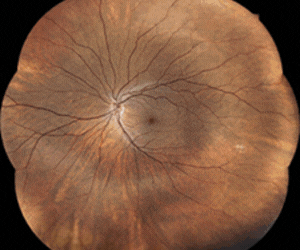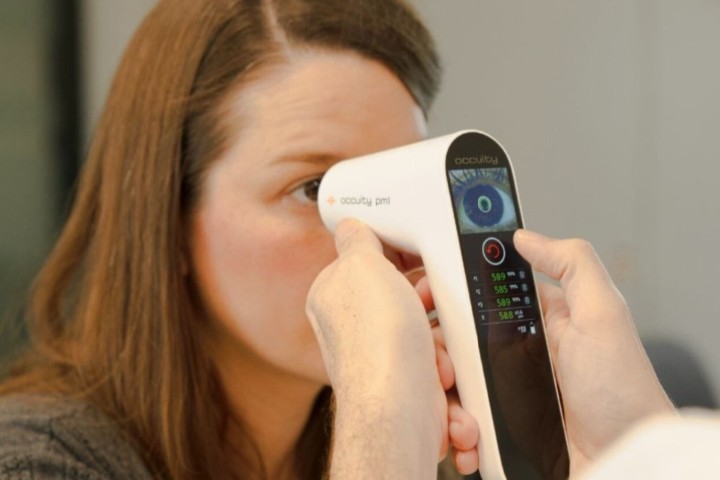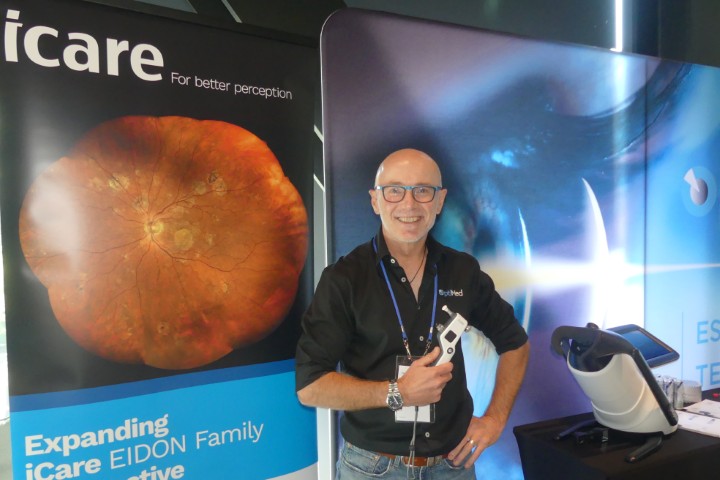Fundamental change for NZ clinical trials
A report by Aotearoa’s lead health agencies has recommended system-level changes to maximise the benefits of clinical trials to strengthen research culture and attract funding, all with an emphasis on better ethnic representation to improve the nation’s healthcare equity.
‘Enhancing Aotearoa New Zealand Clinical Trials’ is the result of 18 months’ research by clinical researchers and advisory and consumer groups, led by principal investigators from the universities of Auckland and Otago. The report includes recommendations for increasing access to and participation in clinical trials, with a focus on reducing inequities and conducting trials that are relevant to Aotearoa New Zealand. It also proposes a new model for supporting clinical trials, including a national centre for providing leadership, governance, expertise and high-level coordination of trial activity, as well as four regional coordinating centres to support trials at local level.
The research, funded by Manatū Hauora (Ministry of Health) and the Health Research Council of New Zealand (HRC), emphasises the importance of Māori partnership at every level of development and implementation and recommends all publicly funded clinical trials include consumer research partners.
Manatū Hauora’s chief science advisor, Dr Ian Town, said 2022’s health sector reforms provide a structural framework to support a smarter, fairer health system and the foundation for improving health outcomes, especially for Māori. “To achieve pae ora (healthy futures) and deliver equitable, sustainable health services, we need innovative approaches backed by high-quality relevant evidence. We know clinical trials are a core part of a high-performing, learning health system and this report provides the analysis and rationale for system-level improvements.”
A strong clinical trials environment would also increase opportunities for involvement in international, multicentre trials, he said, enabling some patients to receive new medicines and treatments which would otherwise be unavailable. This would also ensure Māori and other New Zealanders have equitable access to clinical trials for new treatments, he added.
Te Whatu Ora National director of improvement and innovation, Dr Dale Bramley, said it is important to rise to the challenge of joining-up the country’s research so a person’s location does not prevent them benefiting from a trial. Dr Matire Harwood, head of the Department of General Practice at the University of Auckland, said a particular issue identified through questionnaires, research and hui leading up to the report is the need to develop the Māori and Pacific research workforce and support research led by Māori and Pacific providers. “As well as partnering with Māori and Pacific communities, we need to upskill our tauiwi researchers to conduct culturally responsive and safe trials,” she said.
Echoing her words, Riana Manuel, chief executive of Te Aka Whai Ora, said building a sustainable health system which better serves Māori communities is key. “Clinical trials are an important part of the health system as it provides the evidence to enable us to understand the needs of whānau and focus resources to deliver. We know that, given the opportunity, Māori will contribute through meaningful engagement.”
The Ministry of Health plans to establish a high-level working group to plan how to best adopt the report’s recommendations.
For the full report, see https://cdn.auckland.ac.nz/assets/liggins/docs/HP8537%20-%20LIG_Clinical%20Trials_FINAL_v6.pdf



























